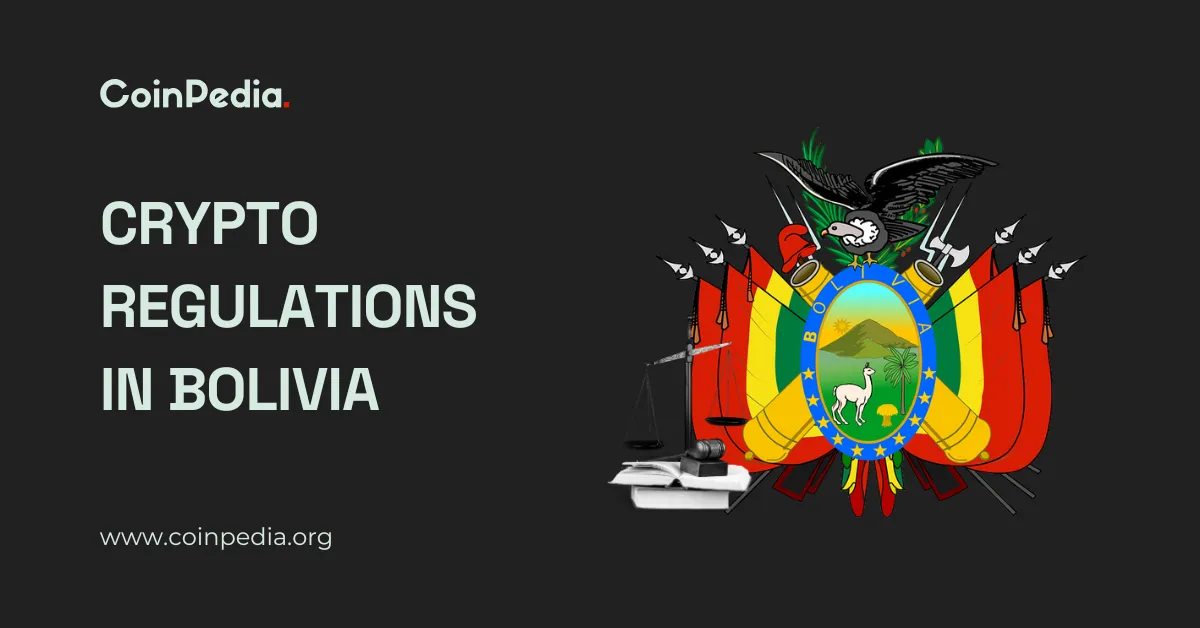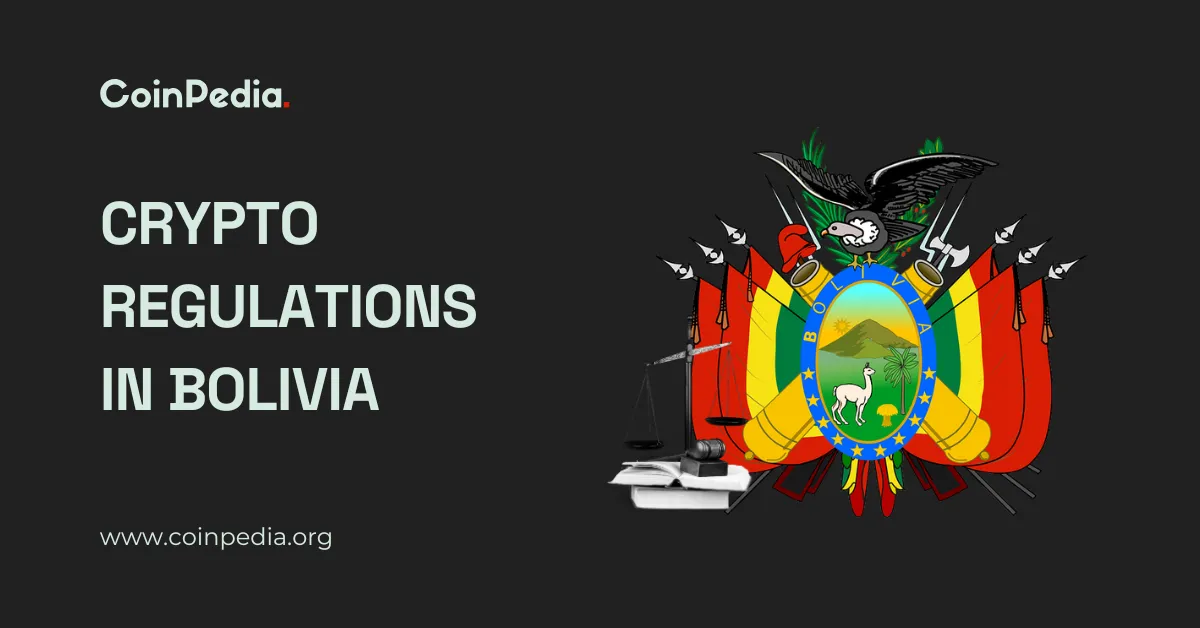Bolivia’s Strategic Shift: Embracing Cryptocurrency in the Wake of El Salvador’s Pioneering Path
A Paradigm Shift in Bolivian Economic Policy
Bolivia’s recent pivot towards cryptocurrency marks a profound departure from its historical stance. The nation, once a staunch opponent of digital currencies, has now formalized a landmark partnership with El Salvador through a Memorandum of Understanding (MoU). This agreement, signed on July 16, 2025, between the Central Bank of Bolivia (BCB) and El Salvador’s National Commission of Digital Assets (CNAD), represents more than a policy adjustment—it signifies a strategic reorientation towards financial innovation and economic modernization.
The Catalysts Behind Bolivia’s Crypto Revolution
Lifting the Ban and the Surge in Crypto Activity
Bolivia’s initial hostility towards cryptocurrencies was rooted in concerns over financial stability and regulatory challenges. However, the lifting of the ban in mid-2025 triggered a rapid surge in crypto adoption. By mid-2025, trading volumes had skyrocketed to 294 million, indicating a growing appetite for digital assets among Bolivian citizens and businesses. This shift underscores the pent-up demand for alternative financial instruments in the country.
El Salvador’s Trailblazing Influence
El Salvador’s groundbreaking decision to adopt Bitcoin as legal tender in 2021 has had a ripple effect across Latin America. Despite the controversies and operational hurdles faced by El Salvador, its experiment has demonstrated the potential for cryptocurrencies to enhance financial inclusion and drive economic innovation. Bolivian policymakers have taken note, recognizing the strategic advantages of embracing digital assets.
Economic Imperatives and Political Calculations
Bolivia’s economic landscape is fraught with challenges, including a currency crisis and the looming specter of a high-stakes general election. In this context, cryptocurrencies offer a potential lifeline. By diversifying its financial ecosystem, Bolivia can mitigate risks associated with traditional fiat currencies and attract investment. The central bank’s characterization of crypto as a “reliable alternative” to fiat underscores the urgency of this strategic shift.
The Blueprint for Collaboration: Key Pillars of the MoU
Regulatory Framework Development
The cornerstone of the MoU is the development of a comprehensive regulatory framework for cryptocurrencies. El Salvador’s experience in integrating Bitcoin into its legal and financial systems provides a valuable blueprint. The framework will address critical issues such as licensing requirements for crypto exchanges, anti-money laundering (AML) protocols, consumer protection measures, and tax implications. This structured approach aims to create a balanced environment that fosters innovation while safeguarding financial stability.
Technical Infrastructure and Blockchain Intelligence
Building a robust technical infrastructure is essential for supporting the adoption and use of cryptocurrencies. The partnership will focus on developing blockchain intelligence systems to monitor and analyze crypto transactions, identify potential risks, and prevent illicit activities. This includes establishing secure wallets, payment gateways, and other essential infrastructure components. By leveraging El Salvador’s expertise, Bolivia aims to create a secure and efficient crypto ecosystem.
Knowledge Sharing and Capacity Building
The MoU emphasizes the importance of knowledge sharing and capacity building. El Salvador will provide training and technical assistance to Bolivian officials and experts, enabling them to develop the necessary skills and expertise to effectively regulate and manage the crypto sector. This includes sharing best practices, lessons learned, and insights gained from El Salvador’s own experience with Bitcoin. Such collaboration is crucial for ensuring the long-term success of Bolivia’s crypto initiatives.
Expanding Horizons: Beyond Bitcoin
While Bitcoin remains the most prominent cryptocurrency, the partnership between Bolivia and El Salvador extends to a broader range of digital assets. This includes stablecoins, security tokens, and other blockchain-based innovations. By exploring the full potential of digital assets, Bolivia aims to drive economic growth and financial inclusion. The collaboration could enhance cryptocurrency adoption, boost investment, and provide diverse financial options for Bolivian citizens.
Navigating Challenges: A Path Forward
Regulatory Uncertainty and Market Risks
Developing a comprehensive and effective regulatory framework is a complex and time-consuming process. Bolivia must strike a balance between fostering innovation and protecting consumers and investors. Regulatory uncertainty could stifle adoption and drive crypto activity underground. Additionally, the volatility of cryptocurrencies poses market risks that Bolivia must address through robust risk management strategies.
Technical Expertise and Public Awareness
Building a robust technical infrastructure requires significant investment and expertise. Bolivia may need to rely on external partnerships to develop the necessary systems and infrastructure. Furthermore, widespread adoption of cryptocurrencies requires a high level of public awareness and understanding. Bolivia will need to invest in education and outreach programs to inform citizens about the benefits and risks of using digital assets.
Political and Economic Stability
Bolivia’s history of political and economic instability could impact the long-term success of its crypto initiatives. Political uncertainty and economic downturns could undermine confidence in the crypto sector and lead to regulatory changes. To mitigate these risks, Bolivia must ensure political stability and economic resilience to support its crypto ambitions.
Conclusion: A New Era for Bolivia’s Financial Future
The partnership between Bolivia and El Salvador represents a significant step forward for the adoption of cryptocurrencies in Latin America. While challenges undoubtedly lie ahead, the potential benefits of increased financial inclusion, economic growth, and technological innovation are too significant to ignore. By learning from El Salvador’s experiences and developing a well-thought-out regulatory framework, Bolivia has the opportunity to harness the power of digital assets to transform its economy and improve the lives of its citizens. The path ahead is not without its uncertainties, but the dawn of a new era for crypto in the Andes has undeniably arrived.












